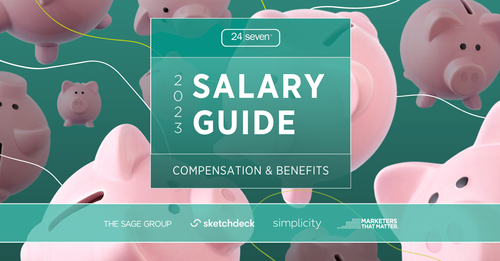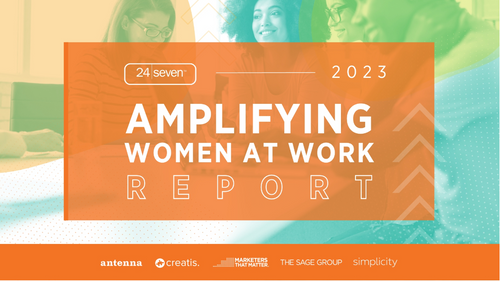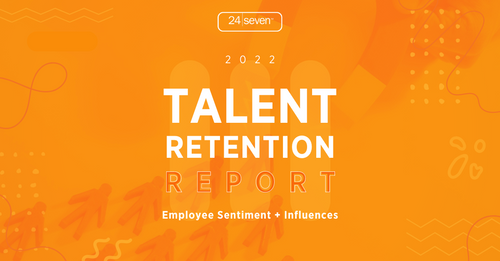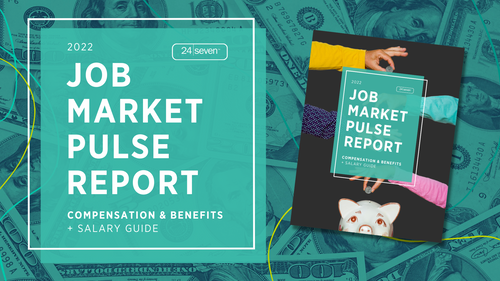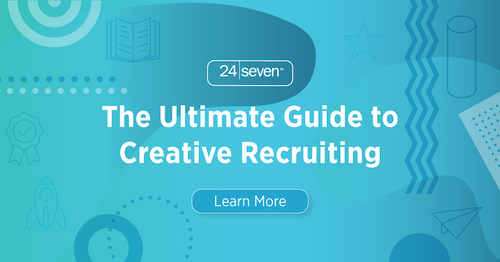Compensation continues to be top-of-mind for job seekers, and employers are making moves to bring back raises for current employees and enhancing compensation packages to attract new talent.Our 2023 Salary Guide: Compensation and Benefits gathers insights from a survey of more than 2,100 professionals in the marketing, creative, tech, fashion, beauty, and retail sectors. Th...
READ MORE >

